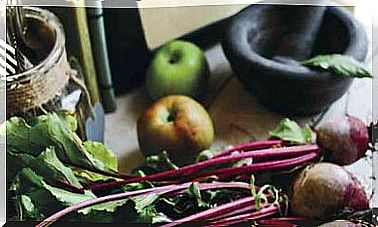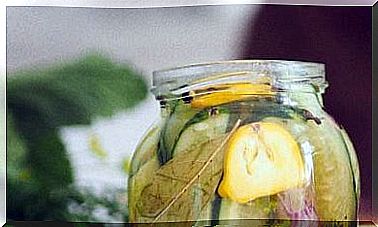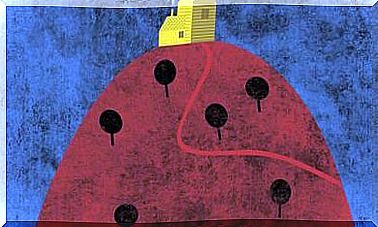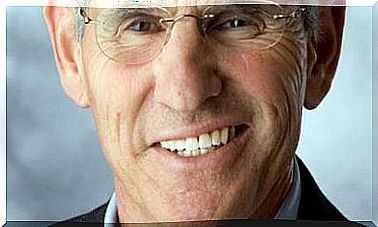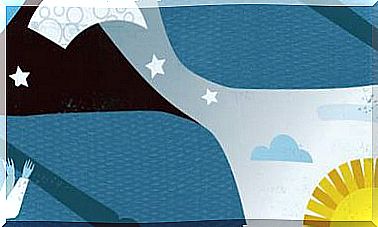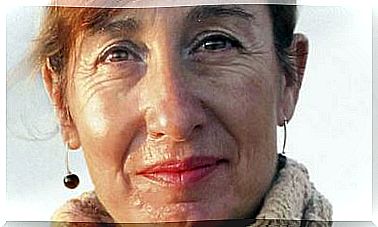The Journey Of Grief (facing The Death Of A Child)
The death of a loved one is one of the most difficult experiences in life. Can you accept the pain it causes us and grow through it? The answer to this question is a personal search, a path that must be traveled and faced, because only in this way can we face loss and fill the void left by a truncated life, hoping to keep the memory alive without suffering.
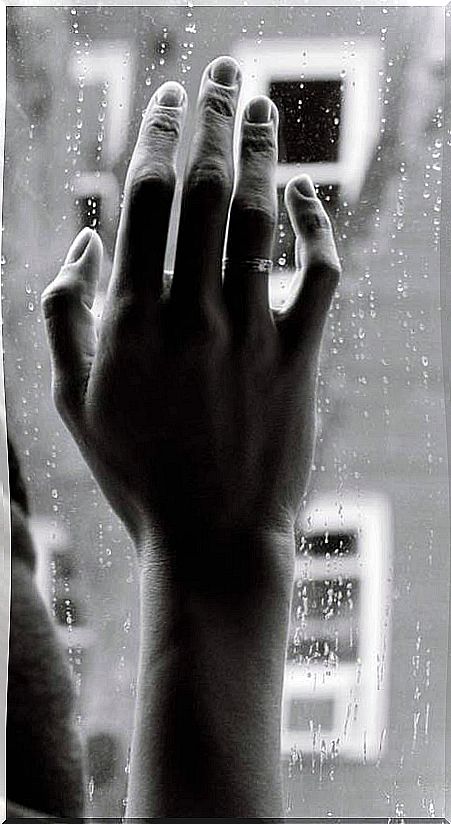
Pain, like love, is a personal and non-transferable experience. There are no rules set in stone when you lose a loved one. Everyone has their own way of living it and of alleviating it, of shutting it up or sharing it if necessary. Because “shared pain is less pain”, at least that’s what I thought when starting this long journey, although now I’m not so sure …
More than a year after the accidental death of my son Alberto (he passed away along with his colleagues Harry and Jack, hit by a train when he was painting graffiti in London), all the preconceptions about grief have been falling like autumn leaves. Starting with the impulse that led me to write Dear Son (La Esfera de los Libros, 2019), as a farewell letter, convinced as I was that it hurts to tell it, but it hurts more “not to tell it.”
Writing was a way to keep his memory very alive, and also a personal therapy to overcome one after another the well-known five phases of mourning that Elisabeth Kübler-Ross coined in On Death (Grijalbo, 1993): denial, rage, negotiation, depression, acceptance. The book was also a way to go out to meet so many parents who lost their children, and to learn from and with them.
Grief is a personal process full of ups and downs
Total acceptance, I thought, would come from seeing the letter turned into a book and from being able to talk about Aberto’s death without excessively expressing the pain. But throughout the summer, after a particularly emotional presentation, surrounded by family and friends who longed for my son, the pain bit. The tears that she had suppressed for a year finally surfaced. And I learned that silence, from a certain moment on, can also be healing.
I remembered meeting Dulce Camacho, who created the Alaia Duelo association after losing her daughter Sara at age 18, the first to warn me to “unlearn” everything I had read up to then about the journey of pain. “Grief is a very personal journey,” he told me. “Each process is unique, although there are common characteristics among the people who suffer a traumatic loss. And it is not a linear process, but it is fraught with ups and downs.”
Writing was a way to keep the memory of my son very alive, and also a personal therapy to overcome the five phases of grief.
Dulce warned me in passing against that insidious pressure “to recover as soon as possible” and against the feeling of “incomprehension and loneliness” that it can generate. “People hopelessly hope that you will be the same as before, and avoid talking about your loss at all costs, and silences and voids are created in conversations that are difficult to fill.”
Against that lethal silence in the face of death that has been imposed on our society I rebelled from the beginning. We have gone from suffocating mourning to instant oblivion, as if it were so easy to turn the page. “We live with our backs to death, until it touches us squarely and our lives change,” Vicente Prieto, another of my priceless travel companions , writes in The loss of a loved one (La Esfera de los Libros, 2018).
“With a child a vital project dies, and it is as if you suddenly tear off a branch from a tree,” Vicente Prieto reminded me, who speaks of “grieving parents” as of a special lineage (there are those who claim for us the term for “orphans”). When the lightning strikes you, the most normal thing is to want to change your habitat, but Vicente warned me against that impulse to “cause great changes, to quickly leave behind the pain, the memories and the circumstances that we are living.”
It is convenient to spend some time remembering, always have a photo nearby, mark anniversaries. But remembering too much can also be counterproductive and ultimately achieve the opposite effect … “Pain is natural in humans, but we have to avoid suffering, because it leads nowhere.”
“A son never dies”
On my personal journey I met a “grieving” mother who taught me an incredible lesson. “There is good news that I want to share, and that is that a child never dies,” writes Mercè Castro in Live Again (Ed. RBA, 2018), the book that helped me change my perception of grief and discover that there is a phase that goes beyond mere acceptance.
More than twenty years ago, Mercè Castro lost Ignasi in a traffic accident that was miraculously survived by her parents and brother. Looking back, Mercè recognizes that writing that book –which begins with her own son’s truncated diary– helped her put the pieces back together: “I don’t know if I wrote it out of fear of forgetting, but now I realize I didn’t. possible to remember with less pain, but never forget. “
“We have to cross a desert, each one his own”, is Mercè’s vision of the duel. “During a stage, we have enough to survive. Time does not heal everything, chaos can last well over a year. But in my personal case, I felt the need to do something useful with my pain, to go out to meet others” . “The only thing that works is not avoiding the pain,” says Mercè. “It is not convenient to give it a slip, or to enjoy it. You have to let it flow. And move slowly, very, very slowly.”
Mercè helped me discover that there is a ray of hope, and that that feeling of connection with your child can become an inexplicable energy, that you can get out of bed one day with the feeling of having seen him in a dream (“a visitation? ? “), and that it has been able to transmit to you and give you back the joy of living.
“Time does not cure everything,” says Mercè Castro. “In my personal case, I felt the need to do something useful with my pain, to go out to meet others.”
“There is little talk of death, and of the death of a child even less”, acknowledges Mercè Castro, who has shared her experience with dozens of parents and has reflected them in two other books, Words that comfort and Sweet flashes of light for face the duel (Plataforma Editorial, 2013 and 2017, respectively).
Her inner path has led her to accept death “as a new beginning” and to maintain “a relationship of unconditional love” with her son. That “unconditional love” was undoubtedly the impulse that led me to write a long letter to my own son, not just to mitigate the pain or to help me make the journey more bearable, but to connect with him, wherever he is, and Reaching out to other grieving parents if possible. And advance with them towards that light that is waiting for us at the end of the tunnel.
